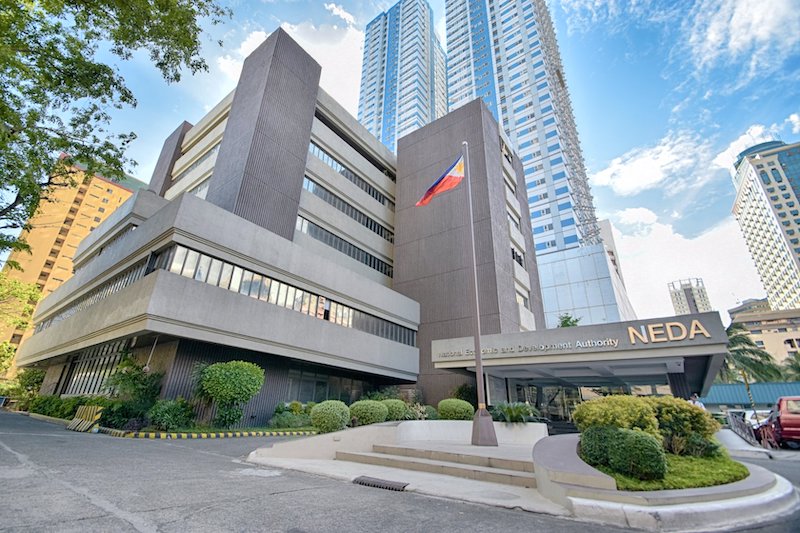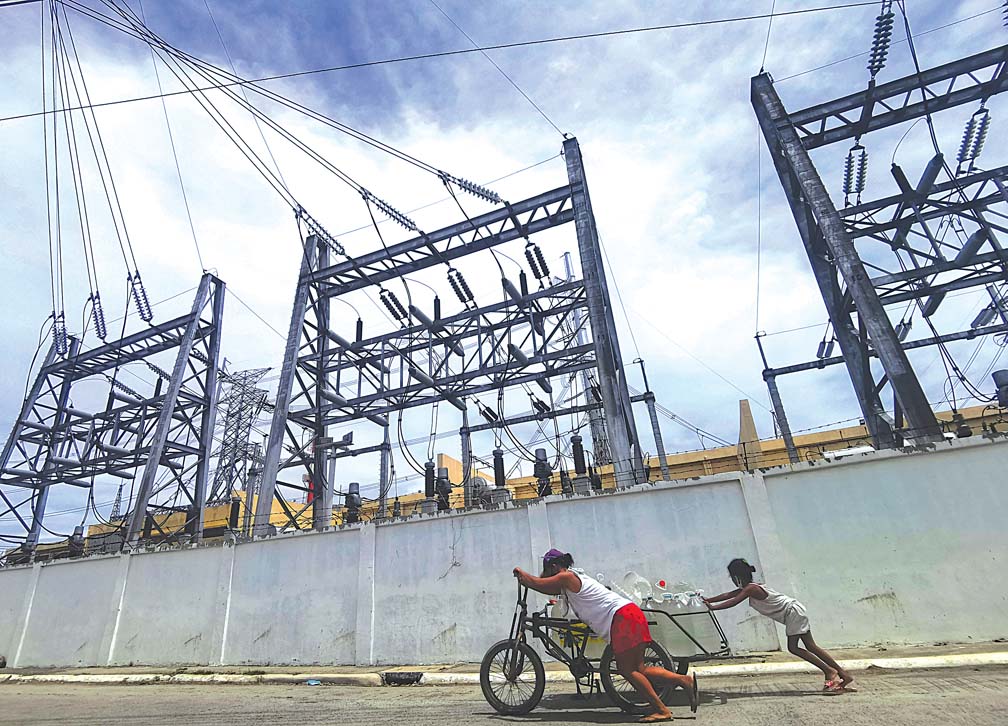By Joel R. San Juan
THE Supreme Court (SC) chided the Bureau of Internal Revenue (BIR) for violating its rules on waiver of the prescriptive period to assess and collect taxes that almost cost the government more than P300 million in a tax-collection case involving mobile-telephone system operator Next Mobile Inc.
In a 13-page decision penned by Associate Justice Presbitero Velasco Jr., the SC’s Third Division granted the petition filed by the BIR seeking the reversal of the Court of Appeals decision that nullified its P313.33-million tax assessment issued against Next Mobile for having been issued beyond the three-year prescriptive period provided under the law.
The tax assessment represents deficiency income tax, final withholding tax, expanded withholding tax, increments for late remittance of taxes withheld and compromise penalty for failure to file returns/late filing/late remittance of taxes withheld for the taxable year ending December 31, 2001.
But, while the SC granted the BIR’s petition, it accused the latter of gross negligence amounting to “malice and bad faith” in honoring Next Mobile’s waiver of the statute of limitations despite the telco’s failure to comply with the provisions of Revenue Memorandum Order (RMO) 20-90 on the proper execution of the waiver of statute of limitations under the National Internal Revenue Code (NIRC) and Revenue Delegation Authority Order 05-01.
In the case of Next Mobile, the SC noted it executed waivers five times, from March to October 2005, to extend the prescriptive period of assessment for its taxes due.
The BIR, according to the SC, honored the waivers despite being invalid, as they were executed without a notarized board authority; the dates of acceptance by the BIR were not indicated therein; and the fact of receipt by respondent of its copy of the second waiver was not indicated on the face of the original second waiver.
The Court noted that the BIR violated its own rules, considering that under RDAO 05-01, it is the duty of the authorized revenue official to ensure the waiver is duly accomplished and signed by the taxpayer or his authorized representative before affixing his signature to signify acceptance of the same.
It also instructs that, in case the authority is delegated by the taxpayer to a representative, the concerned revenue official shall see to it that such delegation is in writing and duly notarized.
Furthermore, it mandates that the waiver should not be accepted by the concerned BIR office and official unless duly notarized.
The SC pointed out that, despite the defects, both parties continued dealing with each other on the strength of the waivers without bothering to rectify the infirmities.
“It must be remembered that by virtue of these waivers, respondent was given the opportunity to gather and submit documents to subtantiate its claims before the CIR [Commission of Internal Revenue] during investigation. It was able to postpone the payment of taxes, as well as contest and negotiate the assessment against it. Yet, after enjoying these benefits, respondent challenged the validity of the waivers when consequence thereof were not in its favor,” the SC noted.
“ In other words, respondent’s act of impugning these waivers after benefiting therefrom and allowing petitioner to rely on the same is an act of bad faith,” the SC added.
On the other hand, the SC said the stringent requirements in RMO 20-90 and RDAO 05-01 are in place because they were formulated by the BIR.
But, instead of strictly enforcing its provisions, the SC said the BIR violated the mandates of its very own issuances.
“Verily, if the BIR was truly determined to validly assess and collect taxes from respondent after the prescriptive period, it should have been prudent enough to make sure that all the requirements for the effectivity of the waivers were followed not only by its revenue officers but also by the respondent.
“The BIR stood to lose millions of pesos in case the waivers were declared void, as they eventually were, by the CTA [Court of Appeals], but it appears that it was too negligent to even comply with its most basic requirements,” the SC noted.
Thus, the SC declared that the BIR and Next Mobile are “in pari delicto” or “in equal fault” and decided to uphold the validity of the waiver despite its infirmities.
To uphold the validity of the waivers would be consistent with the public policy embodied in the principle that taxes are the lifeblood of the government, the SC said.
“Finally, the Court cannot tolerate the highly suspicious situation. In this case, the taxpayer, on the one hand, after voluntarily executing waivers, insisted on their invalidity by raising the very same defects it caused,” the SC pointed out.
“On the other hand, the BIR miserably failed to exact from respondent compliance with its rules. Moreover, the BIR was so lax such that it seemed that it consented to the mistakes in the waivers,” the SC added.
The SC stressed that such situation is dangerous and open to abuse by unscrupulous taxpayers who intend to escape their responsibility to pay taxes by hiding behind technicalities.
“The negligence of the BIR may be addressed by imposing administrative liabilities against those officers responsible for the errors,” the SC said.





















